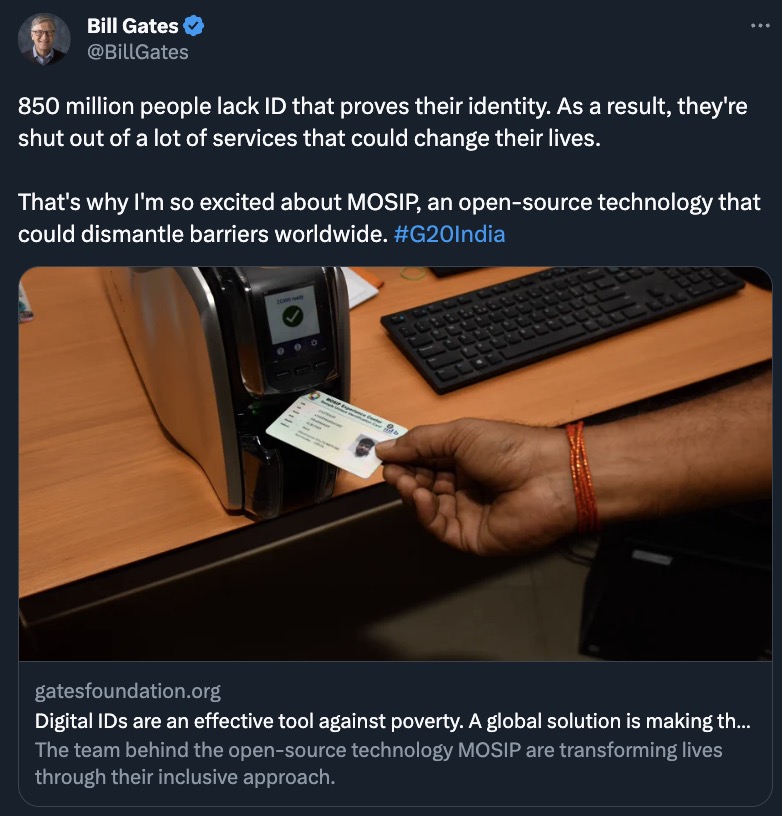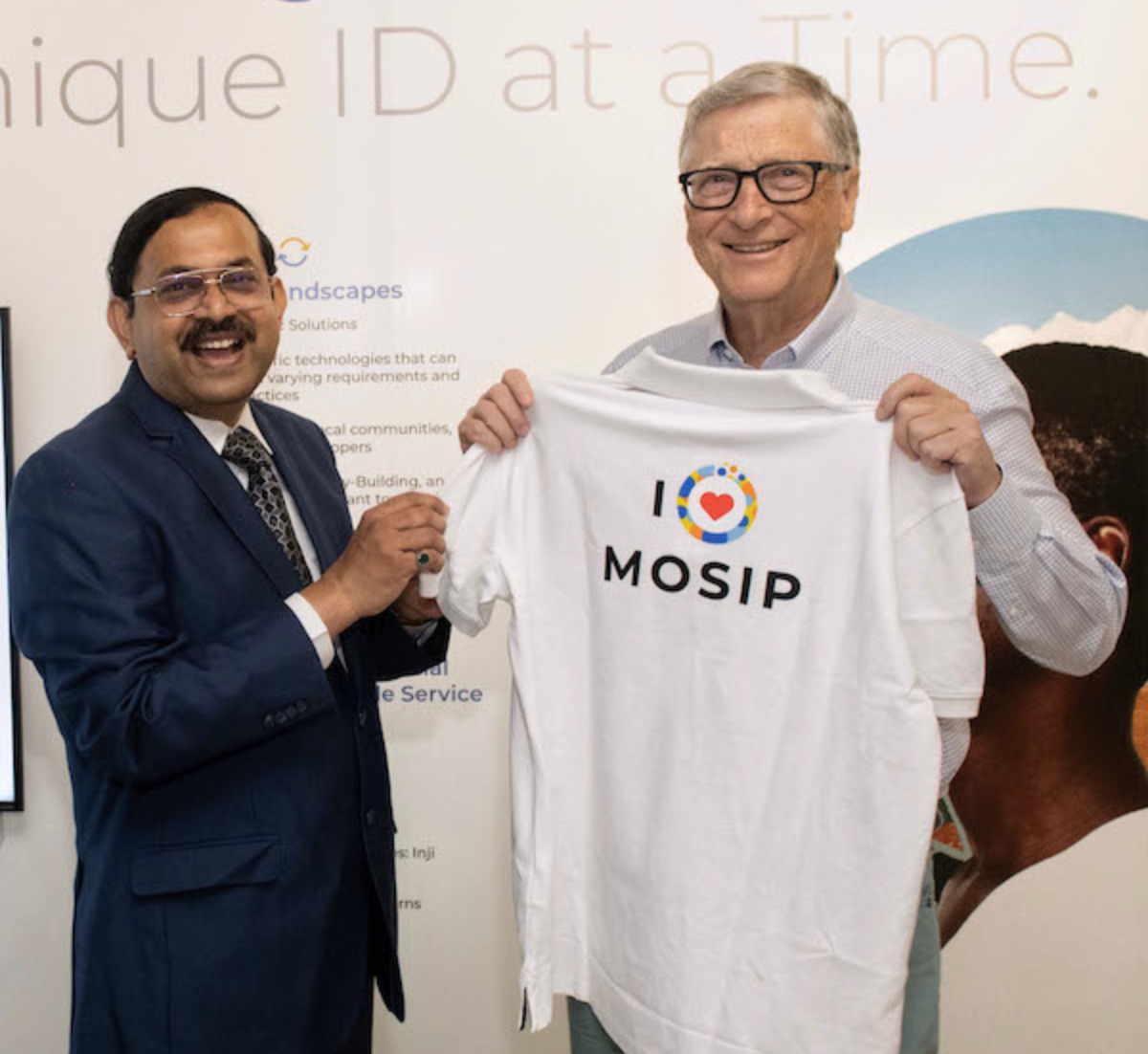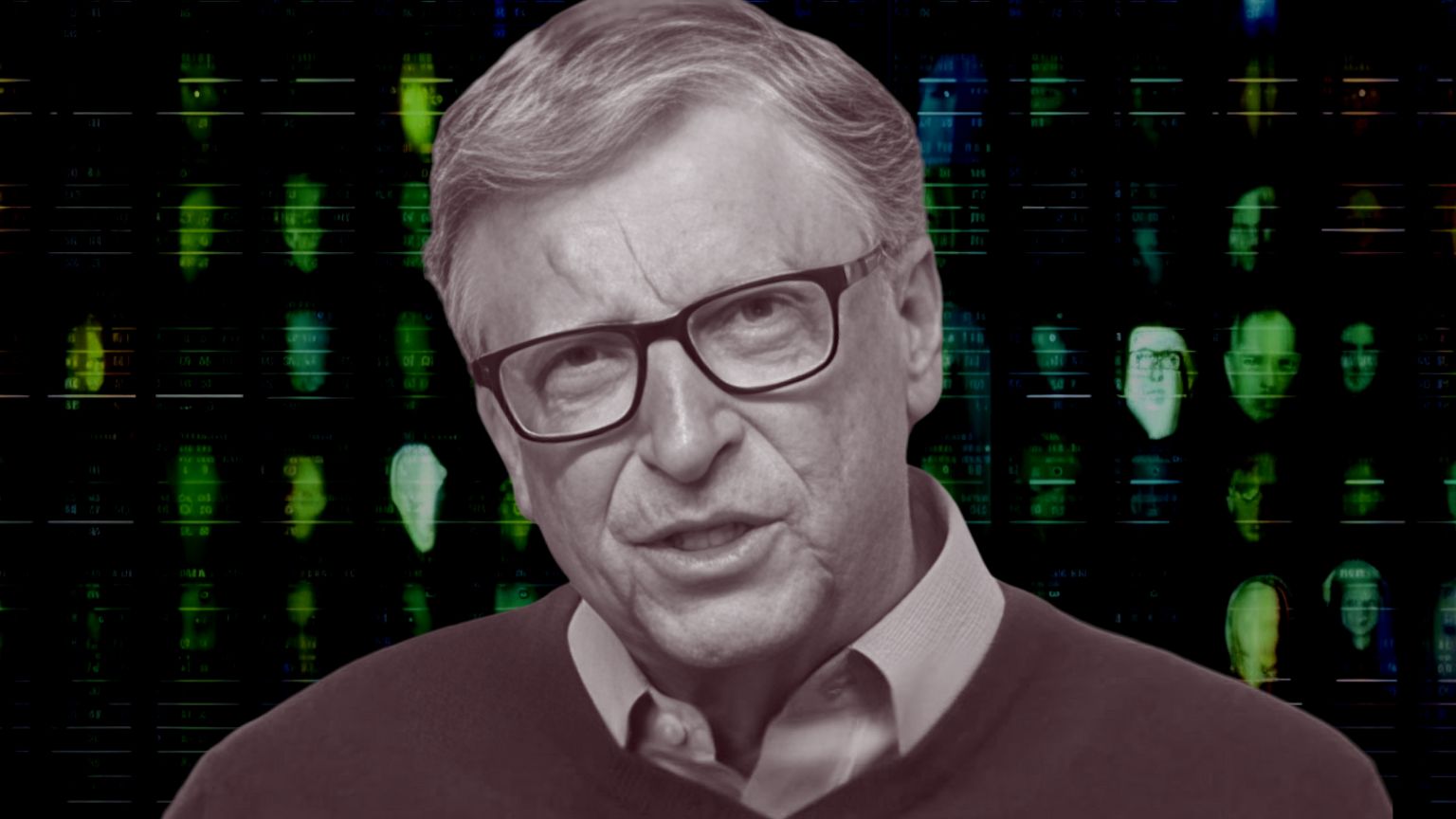The digital era, with its myriad of innovations, has ushered in a wave of conveniences – but at what cost? The recent advocacy by the Bill & Melinda Gates Foundation for the Modular Open-Source Identification Platform (MOSIP) will now be under scrutiny by privacy advocates, questioning the broader implications of such a global digital identification system.
The Seattle-based Gates Foundation, guided by the United Nations’ Sustainable Development Goals, has actively endorsed MOSIP’s undertakings with a sizable $10 million pledge.
The Foundation’s aim seems to focus on propelling a universal digital identification framework, especially targeting low to middle-income economies. But as history has shown, with such advancements often come potential pitfalls, particularly regarding personal privacy.

The MOSIP initiative, although modeled after India’s controversial state digital ID (Aadhaar) system initiated in 2009, prompts a plethora of concerns.
While Aadhaar spurred global interest, the unique challenges faced by different countries meant that many had to grapple with potentially expensive and less transparent commercial systems, resulting in “vendor lock-in” and potential misuse of user data.
MOSIP, since its inception in 2018, presents itself as a remedy to these challenges, promoting its accessibility and adaptability to different nations.
While the Philippines led in its adoption, 11 countries, predominantly from Africa, have followed suit. However, with over 90 million digital IDs already distributed across the Philippines, Ethiopia, and Morocco, the magnitude of data collection and the potential risks associated with breaches or misuse become alarmingly evident.

Adapting MOSIP to each nation’s unique requirements means collecting and customizing vast amounts of personal data. The system, despite its boasts of an 80+ vendor ecosystem, raises red flags.
The higher the number of vendors, the greater the potential access points for data breaches. Although MOSIP offers complimentary training, product showcases, and a certification process, the complexities of managing multiple vendors across various countries can jeopardize the sanctity of personal data.
MOSIP’s ambitious plan to register 1 billion individuals in the coming decade only intensifies the concerns. While the Gates Foundation views digital ID systems as integral to fostering digital public infrastructure (DPI) that can, in theory, stimulate economic growth, the risks to personal privacy cannot be ignored.
Though DPI promises to streamline transactions for individuals and governments, its adoption without robust privacy safeguards can lead to potential misuse, surveillance, and unwarranted data access.
Personal data has become as valuable as gold and the push for such extensive digital ID systems, with such global intentions, needs to be critically examined. Privacy remains a fundamental right, and any compromise on it, however advanced or innovative the reason, deserves rigorous scrutiny. Digital ID in general undermines privacy.










